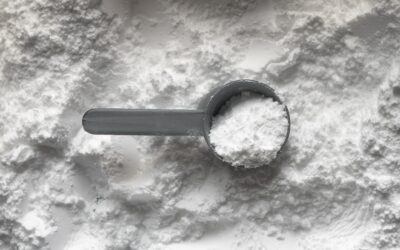Wondering what your body experiences during a 5 1/2 day fast? Here’s a breakdown of the changes your body will go through as your fast progresses:
• 8 hours: Blood sugar levels begin to drop as the body starts to use stored glycogen for energy.
• 16 hours: Blood sugar levels fall to low levels, forcing the body to start breaking down fat for energy. The liver starts to produce ketones, which can be used by the brain as an alternative fuel source to glucose.
• 24 hours: Blood glucose levels continue to drop as the liver converts more fat into ketones.
• 48 hours: Blood glucose levels drop to very low levels, forcing the body to rely almost entirely on fat and ketones for energy. Autophagy, a process of cleaning out damaged cells and recycling their components, begins to ramp up.
• 72 hours: Autophagy becomes more widespread and intense, leading to increased breakdown of damaged cells and protein.
• 96 hours: Autophagy is at its peak, leading to maximum breakdown of damaged cells. At this point, the body also starts to produce new stem cells.
• 120 hours: Autophagy and stem cell production continue, but at a slower rate. The body also starts to produce more growth hormone, which promotes muscle growth and repair.
• 132 hours: The fast ends. At this point, the body may be in a state of rejuvenation and repair, with higher levels of stem cells and growth hormone.
It’s worth noting that this timeline is an approximation and can vary depending on individual factors such as health, diet, and activity level, also the length and method of fasting, and the presence of any medical conditions.




0 Comments